In this blog, you will get in detailed information about obsession and compulsion. An Obsession is a pattern of unwanted thoughts and ideas that may cause distress and anxiety. People perform Compulsive behavior (Compulsion) to feel safer.
As a result of this obsession and compulsions, repetition and ritual bring stress relief. If you give up this ritual, you will make us of an unrealistic fear (obsession) as you did not complete the ritual.
Obsession and compulsion
let’s have a simple example of obsession and compulsion difference if a person has fear (Obsession) that he will get looted by thieves in his home or thieves will steal all his expensive kinds of stuff. He will be stressed out as a result. he would repeatedly check the locks (Compulsive behavior) of his home and these checks will make him ‘feel’ safer (short-term relief). Hence, he decides to check the locks of the home ‘5 times’ before heading off for work.
One day, if he will forget to do lock or check the locks of his home at least five times (compulsive behavior) then he will begin to develop an unrealistic fear of worthless (obsessive thought) due to robbery.
To avoid this stress and to feel safer, he will frequently check the locks at least five times a day. It is a fact that these obsessions and compulsions do not cease until the ritual has been performed. Well below, you can read the detailed review about obsession and compulsion.
Read: Depression
What are obsessions?
Obsessions are thoughts and an obsessed person thinks too much about the person or thing in the mind. The thoughts of something not under control that keep repeating over and over. Actually, the Obsession word is derived from the Latin verb ‘obsidere’, and the meaning is ‘to besiege’.
For example, Sara would always be in his mind, but maybe he would try to forget her obsession.
Consistently experiencing obsessive thoughts can cause you to be upset and unable to accomplish the tasks you want to do. Even though you know they’re not real and won’t act on them, you may feel upset and worried about the possibility of acting on them.
In this case, you might try to avoid almost everything that triggers these kinds of feelings.
Many types of obsessive behavior exist, and a person can suffer more than one type of it. Generally, symptoms are determined by the type.
The following are some of the most common types:
Contamination related obsessions
In this obsession, people include worries and thoughts about things that could make you sick or dirty, for example:
- Mud and dirt
- Bodily fluids
- Pollution, radiation or other dangers to the environment
- Germs, bacteria and illness
- Insect sprays, cleaning products and other poisonous household items
Also, Check: 9 Strategies To Overcome Overthinking
Taboo behavior obsessions
People with these obsessions may manifest themselves as images or desires. Being unable to act on them is stressful since you know you shouldn’t do so. Various factors could be involved:
- Having wrong explicit thoughts about children, family members or any offensive or harmful intimacy
- Thinking about intimate behaviors that actually you don’t want or you don’t care about it
- The stress of acting aggressively toward others
- Worrying about offending God (scrupulosity) or acting in an irreligious way (fear)
- People fear that their ordinary behaviors are immoral or wrong
You need to understand that just because you have obsessive thoughts does not mean that you will certainly behave on them. The distressing thing about them is that you don’t really want to behave on them.
Related: What is a Toxic Relationship
Lose control and impulsiveness
It is very common to worry about unwanted thoughts and impulsiveness. For instance, you might be concerned about:
- Self-harm
- Hurting someone
- Breaking the law by stealing something or other violation
- Using abusive rude or aggressive language
- Acting on intrusive thoughts
- Unwanted images
Again, just because you have these obsessions thought it doesn’t mean that you will follow/behave on them.
Related: Suicidal Thoughts
Accidental harm
A person with this kind of obsessive nature might worry about causing an accident or disaster.
- Cooking harmful substances into a meal or serving the wrong ingredients to poison the person
- Hitting an animal or person while driving
- Fires often occur when cooking equipment is left on without being turned off
- You could be knocked off if you fail to lock your home or office
Read: Signs of Egoistic Person
Things must be perfect or organized
A perfectionist can get overly obsessive with this type of behavior. Instead of feeling delighted by neat and symmetrical things, you may get extremely upset when irregularities are detected or need to be adjusted in order to feel right.
Additional symptoms
- Fear of forgetting something important or already have forgotten something
- Furniture or objects need to face a specific direction or be arranged a certain way
- The daily wanting objects like foods or things around your house etc. should be in symmetrical or in even order
- Depressing on throwing away things you think are important in case they are needed later
Check: Obsessive Love Disorder
Other obsessions
- A fear of being ill physically (not through contamination, e.g., cancer)
- The belief that certain numbers and colors are lucky or unlucky
Well, people use the word “obsession” casually to refer to things they are really, really fond of. Although obsessions are enjoyable for many people having Obsessive Compulsive Disorder (OCD).
Speaking of obsessions like “I’m obsessed with Netflix,” or “I’m obsessed with current affairs”. Many people with OCD don’t fully understand what they are going through.
Read: Thought Disorder
What are compulsions?

Compulsions are mentally or physically conditioned responses or behaviors that result from obsessive thoughts. Feelings of compulsion may cause you to repeatedly repeat unwanted behavior despite the fact that you do not wish to do them. You will spend hours working on this.
By performing these compulsions, people are relieved of an obsession. However, the feeling of relief tends to last only a short time.
Compulsions can sometimes be relevant and related to obsessions. For example, you might check your door by unlocking, relock the front door of the shop several times before leaving to prevent a break-in and to get peace of mind.
But sometimes, situations are not relatable. Just like, stalking someone you don’t know or will never meet in the future, etc.
A few major categories of compulsions are like obsessions.
Read: Psychopath
Checking compulsions
Compulsions relating to checking may include:
- To make sure you can’t hurt anyone or didn’t hurt anyone, you hide your tools or go back there to check if everything ok or not
- Ensuring that you didn’t hurt yourself
- Reviewing your work again to ensure that you haven’t made any mistakes
- Make sure all electrical devices are switched off.
- Ensuring that windows and doors are locked
- Making sure car doors are locked
- Ensuring you are healthy and free of physical symptoms
Mental compulsions
The following are common mental or ritual thoughts:
- Praying
- Count to a particular number
- Word or number repetition, often in a particular pattern or at the same number of times
- Making a list or numbering tasks or actions
- Discussing or reviewing recent events or conversations
- Removing negative words and images by restoring them with positive ones
Read: Signs of Materialistic Person
Repeating
Some people undergo compulsions like doing something a few times until they feel or look “Just right.” For example:
- Repeating or arranging
- Rereading or rewriting
- Performing a specific action multiple times
- Touching parts of your body repeatedly or to be performed in a specified order
- Entering and leaving a room by touching or tapping the objects
- All objects must be turned in the same direction
- A specific pattern must be followed to arrange items
- Blinking or doing other body movements multiple times
Cleaning
Cleansing parts of your environment or yourself might be an example of such compulsions:
- Handwashing multiple times
- Have to wash clothes in a certain way
- Staying away from people or specific objects to avoid contamination
- Practice specific hygiene rituals that may be considered excessive by most people
- Keeping your surroundings, work environment, house, or other areas clean every day multiple times
Read: Sociopath
Some other compulsions
- Looking to colleagues, family members, friends and religious figures for reassurance
- Confessing the same actions again and again
- Avoid situations or triggers that might lead to compulsions
Do obsession and compulsion look alike?
OCD sufferers often experience obsessive thoughts and then need to take action to relieve compulsions resulting from obsessive thinking.
There may be a relationship between obsession and compulsion. However, this scenario isn’t always the same.
The following examples show how obsessive and compulsive behavior might appear in real life. It is important to remember that everyone experiences OCD and other mental illness in an unusual way.
Even though it is not comprehensive, but we attempted to clarify the differences between obsessives and compulsive behavior, as well as how they compare to one another.
Read: Phobia Disorder
Is OCD always linked to compulsions and obsessions?
It is not necessary to have OCD to experience obsessions or compulsions.
There is nothing uncommon about worrying that you will lose control of your behavior. Occasionally, people experience compulsive behavior or obsessive thoughts.
Intrusive thoughts are common in many people. These thoughts usually pass through your mind briefly and then disappear. The feelings of distress can be quite similar to those caused by obsessions, although they may not cause quite as much distress as obsessions do.
When worried that they will come true, or if they will be acted out in reality, compulsive behaviors may occur, such as checking, seeking reassurance, or other repetitive behavior.
Trauma and other distressing circumstances can also trigger some compulsions.
When your mother called to tell you your sister had passed away at night while you were chopping bell peppers on your green cutting board, you were chopping peppers on the green cutting board. This leads to you associating green with bad news.
The sight of green makes you fear another terrible tragedy will occur. The more you deal with these intrusive thoughts, the better you become at coping with them. You counter the threat by reciting a list of 13 things that aren’t green.
It is possible for obsessive thoughts of this type not to meet the OCD criteria, but they still can cause distress and difficulties.
Is it possible to have obsessions without compulsions?
Although OCD is commonly thought of as compulsions and obsessions, there is a form of OCD that many people are unaware of commonly known as “Pure O”. As the name suggests, OCD is only about obsession.
It has been widely believed that people with this type of compulsive behavior still engage in compulsive rituals, just that these rituals are different from other types.
An intrusive thought and image associated with Pure O include:
- Self-harm
- Hurting others
- Those actions you believe to be unjust, immoral, or harmful to others
- Religious or blasphemous thoughts
- Negative feelings about a romantic partner or another person
Thinking about these thoughts might worry you that you are suffering from them or that you are a bad person. Thinking like this can actually be a compulsion.
These compulsions are not as visibly clear and concrete as those of most people suffering with them.
Keeping track of thoughts can also be helpful, as well as reassuring yourself that you won’t act on them. Another way to cancel a special image or thought is to pray or repeat specific phrases.
Check: Mental Help Resources
How often should you seek help?
Experiencing short-term mental fixations, intrusive and obsessive thoughts, or unexplainable impulses to perform a particular action can happen to anyone.
It is generally considered OCD when obsessions and compulsions:
- Take up an important part of life
- Want to be removed
- Professional and personal relationships negatively affect
Cleaning excessively due to your love for cleaning or pride in a tidy house isn’t typically a symptom of OCD, since you enjoy it.
How can OCD be identified? if you don’t keep your house completely clean and free of germs. So, fear of your child might develop a serious illness.
Due to this determined worry, you clean your home multiple times in a day and still depressing that you have missed something and feeling distressed until you start cleaning again.
You can find help by speaking to a mental health professional if you have any symptoms of OCD. An expert therapist can help you recognize your obsession and compulsion behaviors and prevent them from affecting your life.
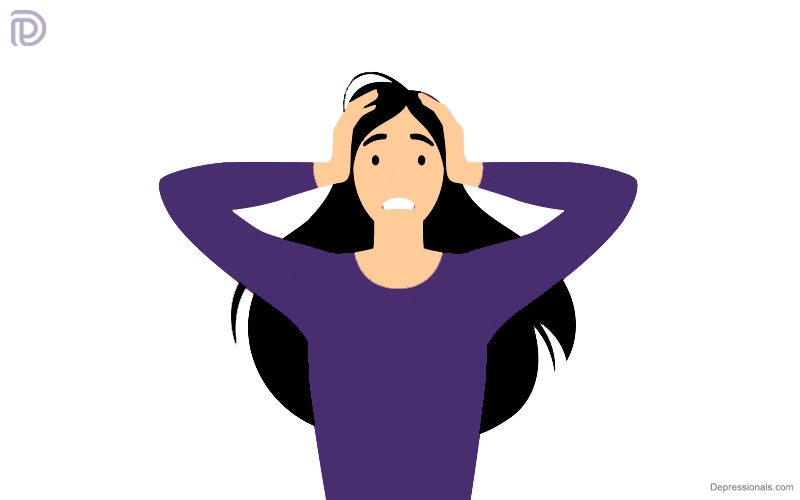
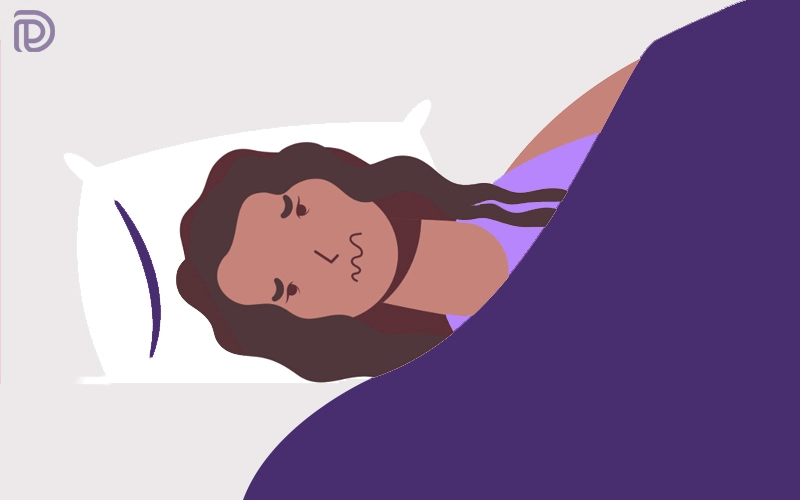
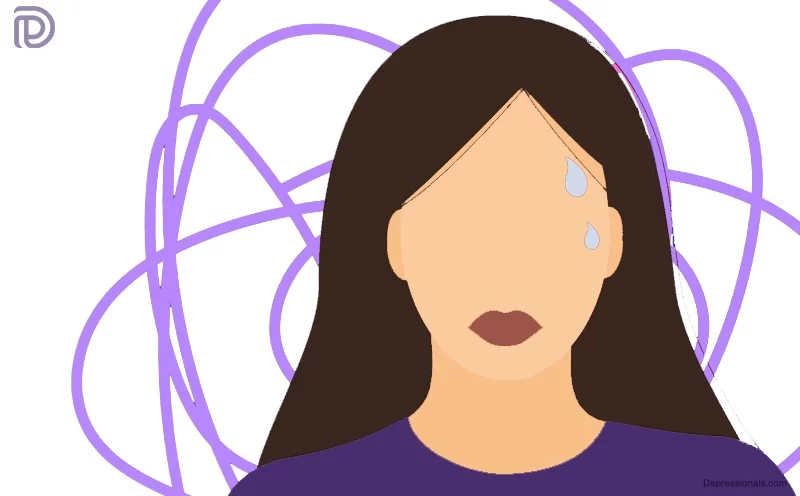
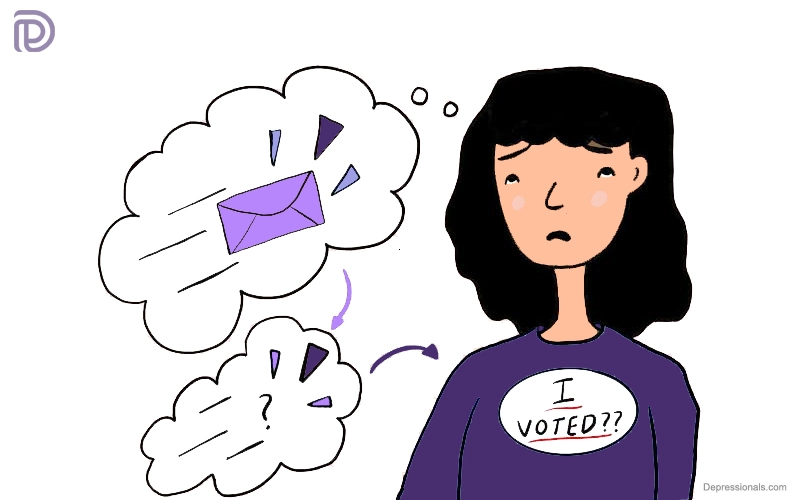
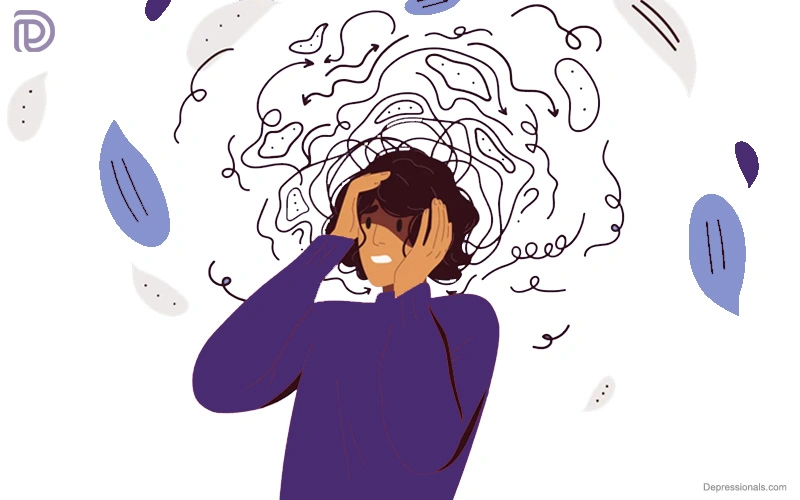

I have read several good stuff here. Definitely worth bookmarking for revisiting. I surprise how much effort you put to create such a excellent informative site.
Hello there, You’ve performed an incredible job. I’ll definitely Digg it and personally suggest to my friends. I am sure they will be benefited from this web site.
Hi are using WordPress for your site platform? I’m new to the blog world but I’m trying to get started and set up my own. Do you require any coding expertise to make your own blog? Any help would be greatly appreciated!
This is really interesting, You’re a very skilled blogger. I’ve joined your feed and look forward to seeking more of your excellent post. Also, I’ve shared your website in my social networks!
Heya are using WordPress for your blog platform? I’m new to the blog world but I’m trying to get started and create my own. Do you need any html coding expertise to make your own blog? Any help would be really appreciated!
At last someone wrote something very important about such hot topic and it is very relevant nowadays.
I’m really inspired together with your writing abilities and also with the layout to your blog. Is that a paid theme or did you customize it yourself? Anyway keep up the excellent high-quality writing, it is rare to see a nice blog like this one nowadays..
Fantastic blog! Keep it up.